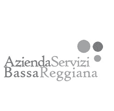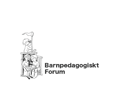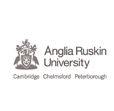HIGHLIGHTS

20 May Today the 2/3 years old children of the infant toddler center Zenit of Boretto went by train to Gualtieri to visit the exhibition of the painter Antonio Ligabue… a special day full of emotions shared with some of…
Read more
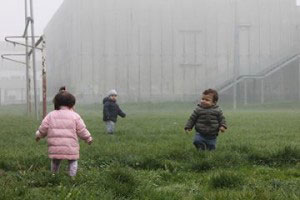
18 November Our group of children is composed by 16 toddlers, and we have started to do outings 3 weeks ago. My colleagues and I decided to explore, first of all, a big green field in front of the infant-toddler…
Read more
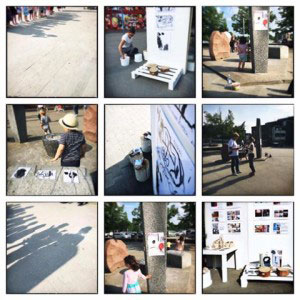
9 February Our outdoor experience consists of visiting a little square, before a market place, that children called “our place”. These pictures are fragments of our school project “children’s relationship with the places”, in particular when teachers visited an artist…
Read more
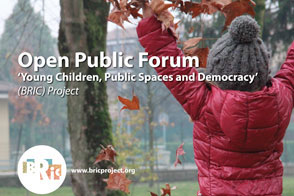
From the 22nd to the 26th of February 2016 colleagues from Sweden, England and Italy will meet in England for the second week of exchange. During the week there will be moments of exchange between teachers and a Public Forum…
Read more
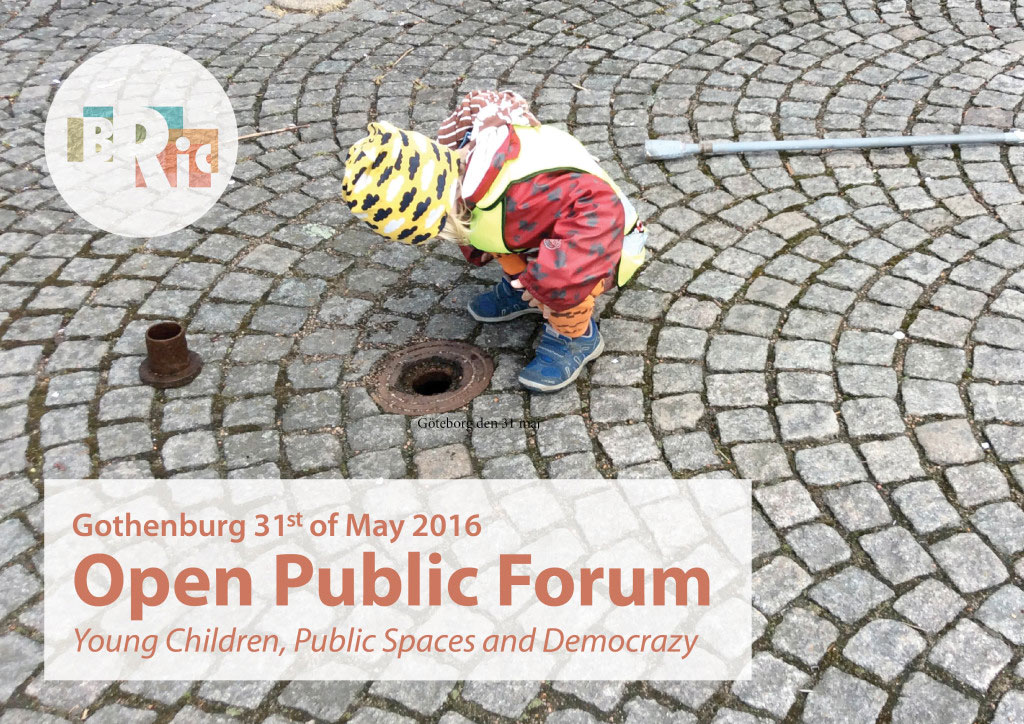
From the 30th May to the 3rd June 2016 it is the turn of Sweden to host the BRIC meeting. The teachers will visit preschools and exchange their ideas and practices of children’s democratic engagement in public spaces. On the…
Read more
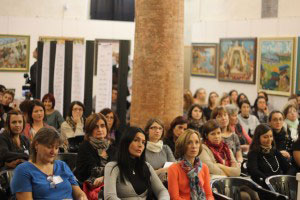
From the 26th to the 30th of October 2015 colleagues from Sweden, England and Italy met in Bassa Reggiana within the European project BRIC: childhood, public spaces and democracy. An intense week, full of moments of exchange and sharing of…
Read more

To mark Europe Day in Norra Hisingen In the begining of May the municipality of Northern Hisingen organized “To mark Europe day”, an event with exhibitions and activities at the City Library. The BRIC project took part of the event…
Read more
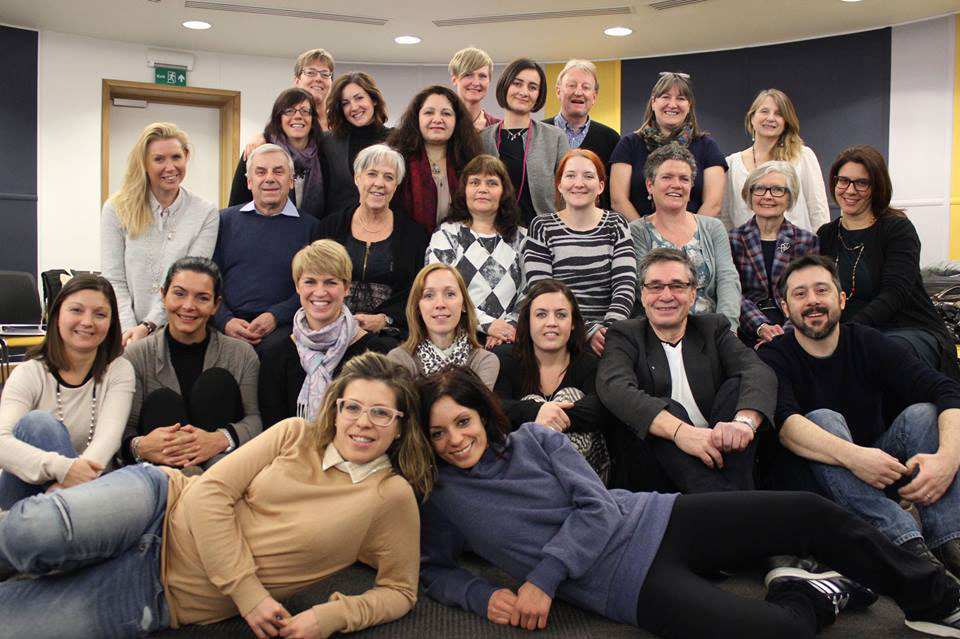
From the 12th to the 17th of January 2015 teachers from the three partner countries met in Cambridge to participate in a course at the Anglia Ruskin University. During the training, held by professor Tim Waller, the teachers studied the…
Read more
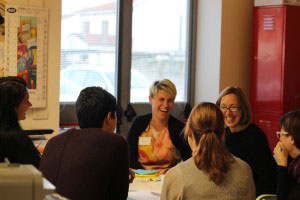
A short video that documents the BRIC week in Bassa Reggiana between the 26th and the 30th of October 2015.
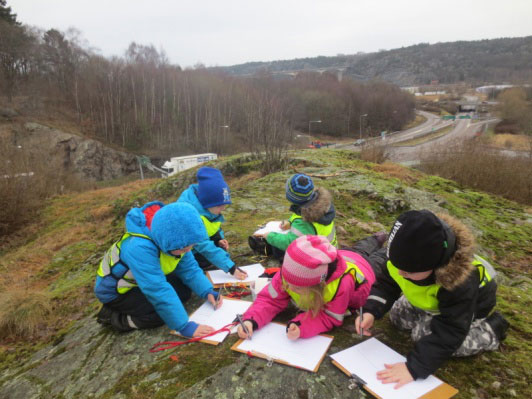
The general definition of “public spaces” (Right of public access) in Sweden is: “You make use of the right of public access when you go for a walk in the forest, paddle a kayak, go climbing or just sit on…
Read more
The BRIC Project lasted for 3 years, from 1st September 2014 to 31st August 2017. The project involves preschool teachers, young children and parents in exploring democratic engagement in public and civic spaces. Participants in the project are from England, Italy and Sweden. The project is funded by the European Union (Erasmus + KA2) and led by Professor Tim Waller at Anglia Ruskin University, UK.
The BRIC acronym is derived from the partners involved in the project: Barnpegagogiskt Forum (Sweden), ASBR – Azienda Servizi Bassa Reggiana (Reggio Emilia, Italy) and Anglia Ruskin University, Cambridge (UK). The BRIC project evolved through a mutual desire to enable young children’s democratic engagement facilitated in a shared dialogue emanating from the Barnpedagogiskt Forum 30th Anniversary Conference in Sweden (March 2013).
Aims
BRIC aims to achieve the following objectives:
1) An exchange of ‘good practice’ between preschool teachers in three countries (Italy, Sweden and the UK);
2) Systematic education and training around democratic engagement in public spaces;
3) The development of open educational resources and targeted activities to engage early childhood professionals, parents, the local community and key stakeholders, including local politicians and representatives from business.
Read more


